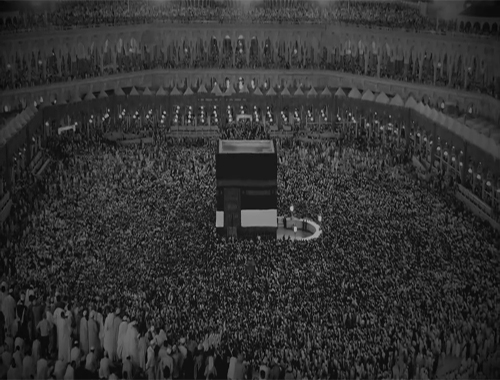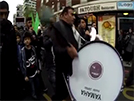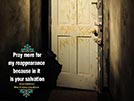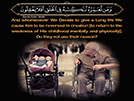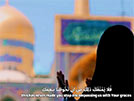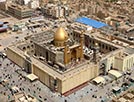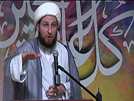Complete Wash (Ghusl)
- Details
- Hits: 3758
COMPLETE WASH (GHUSL)
B. A wash of the entire body, which is of two kinds:
1. Obligatory complete wash.
2. Recommended complete wash.
Question:
When is a complete wash obligatory?
Answer:
A complete wash must be taken in the following six instances:
1. Janaba: that is after the ejaculation of semen or penetration.
Menstruation: this is blood which a women usually sees being discharged once a month.
The discharge of blood etc (lochia) after childbirth.
(For a woman), discharge of blood, other than the monthly menstruation and a minor menstruation - for a full explanation reference should be made to a more detailed volume.
Touching a corpse: a complete wash becomes obligatory if one touches the dead body of a human being after it has grown cold and before it has been washed.
A dead person: it is obligatory that he or she be given a complete wash.
Question:
What are the recommended complete washes?
Answer:
There are many such as, for instance, the wash on Fridays, Festival Days[36] and on the nights of the month of Ramadan.
Question:
What is the mode of taking a complete wash?
Answer:
It can be taken in one of two ways:
1. Submersing oneself: plunging oneself once into pure water, which it is legally permissible to use (halal), in such a way that the water covers the whole body.
2. Washing in a certain order: firstly washing the head and neck, then the right side of the body and, after that, the left side of the body.
However, one who cannot perform ablutions or take a complete wash is required by Islam to do tayammum.

